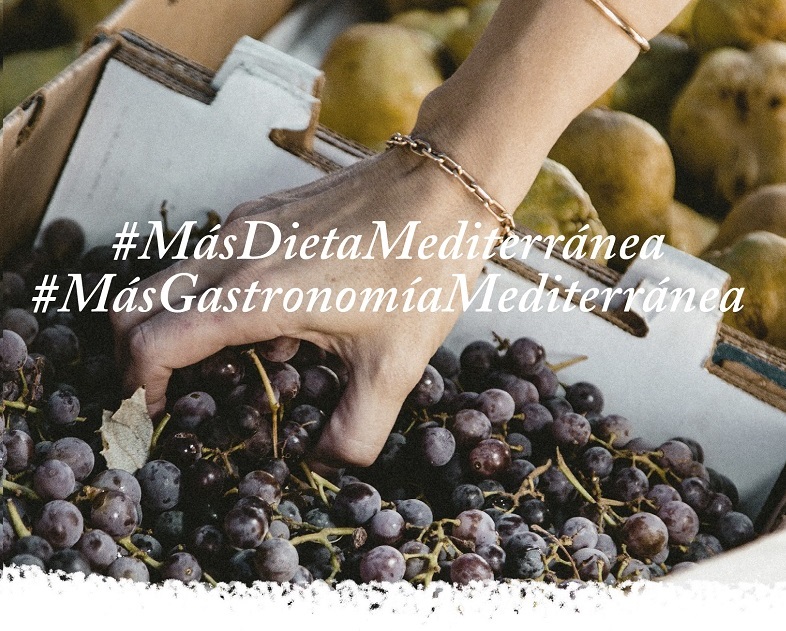
Sports nutrition: how to stay healthy and in shape
Sports nutrition improves the performance of the athlete, at the same time that promotes the health and welfare. It applies equally to professional athletes who to sports fans.
A registered dietician sports helps to develop custom power plans to meet the needs of the sport that is practiced. The objective of a correct nutrition is to establish recommendations and dietary programs to achieve an optimal result. Eating well will allow our body to recover more easily after the physical wear and tear. The sports nutrition covers all the cycles of the sport: the rest, the active phase and the recovery.
Adequate intake of foods and liquids before, during and after physical effort, maintains an appropriate level of glucose in the blood and decreases the times necessary to resume the practice sessions.
Benefits of exercise physical activity in the long term improves the general physical condition:
-The cardiovascular health (the flow of blood, the blood pressure and oxygen supply)
-The resistance cardiorespiratory -Improves the mood and feeling of wellbeing
– Flexibility
-Increases or maintains the bone density
-Increases the tone and muscle strength you eat well, perform better!
Our body needs carbohydrates, proteins, fats, vitamins, minerals, and fluids. Athletes who do not consume enough food to complete the necessary calories in their training, are at risk of having nutrient deficiencies, as well as lose muscle mass, injury and other types of diseases due to the imbalance between the energy spent and swallowed.
Benefits of good sports nutrition:
-helps to train for a longer period of time and at a higher intensity
-delays the emergence of the fatigue
– promotes the recovery
-improves body composition and strength
-Improves concentration
– helps maintain immune function healthy
Reduces the risk of injury among athletes, taking into account your age, sex, type of bodily constitution, frequency and intensity of the exercise must adjust the coverage of their energy needs to maintain good health.
For the men and women between 19 and 50 years, with average activity, it is recommended that a daily intake of between 2000 and 2900 calories per day, but the men who play sports at the professional level could potentially require 5000 calories per day. These figures may be useful to calculate in a general way the individual need.
Sports nutrition is a diet similar to that which must follow the people who do not practice any physical activity strongly, but the difference lies in the quantity and frequency of carbohydrates, proteins and fluids because these three food groups are those that have the greatest impact on performance.





Pingback: Mas que Salud, a healthy magazine - MQS
Pingback: Más Que Salud, a healthy magazine - Revista - Mas Que Salud -Toda la actualidad en salud y artículos de estilos de vida